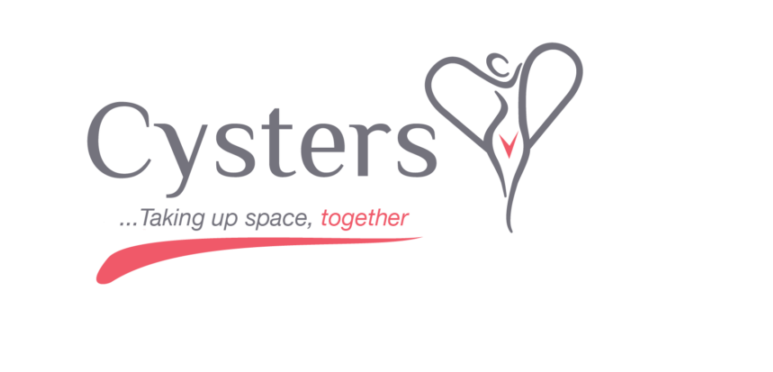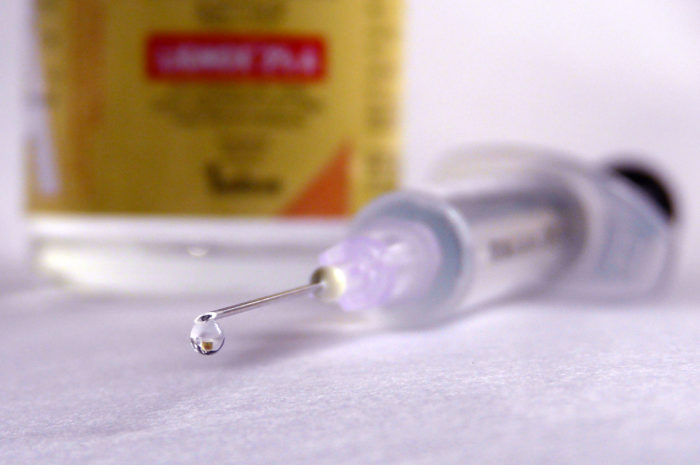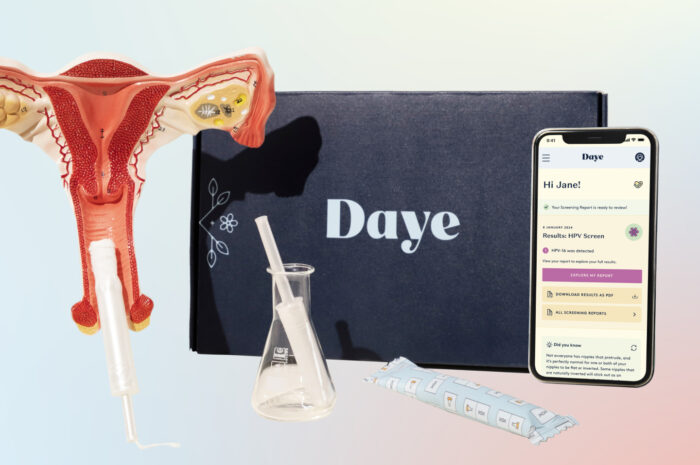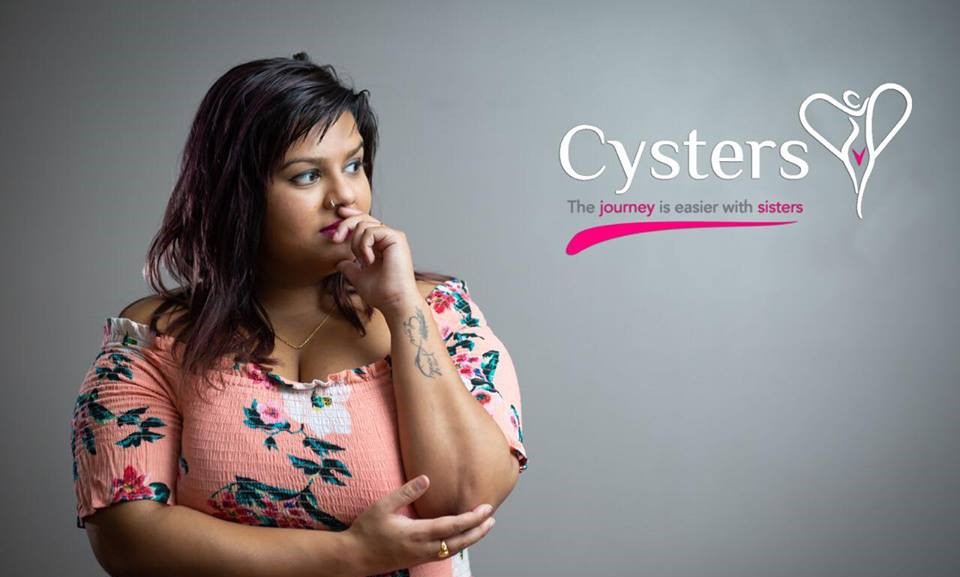
The Soul Cysters Series, is a collection of different narratives around reproductive health and wellbeing. We wanted to highlight those amazing individuals who are working hard to advocate for better healthcare for us all.
This month we are featuring Laura one of the co-founders of the vicious cycle project. Find out more about this power house and PMDD here..
Laura Murphy lives in Kent and is Founder of the patient-led Vicious Cycle: Making PMDD Visible project and also is on the Board of Directors for the International Association for Premenstrual Disorders (IAPMD).
PMDD (Premenstrual Dysphoric Disorder) is a severe form of PMS which affects around 1 in 20 woman and AFAB individuals. It is commonly misdiagnosed as Bipolar Disorder.
Symptoms of PMDD
•Feelings of sadness or despair or even thoughts of suicide
•Feelings of tension or anxiety
•Panic attacks, mood swings, or frequent crying
•Lasting irritability or anger that affects other people
•Lack of interest in daily activities and relationships •Trouble thinking or focusing
•Tiredness or low-energy
•Food cravings or binge eating
•Trouble sleeping
•Feeling out of control
•Physical symptoms, such as bloating, breast tenderness, headaches, and joint or muscle pain
These symptoms occur during the week or two before menstruation and go away within a few days after bleeding begins. A diagnosis of PMDD requires the presence of at least five of these symptoms
What inspired you to set up VC?
It was a case of ‘something has to be done’. At the time I was running the UK PMDD Support group on facebook and on a daily basis adding people who share the same experience over and over again: “I have only just found out about PMDD but I have been suffering for 15 years + – I tried to talk to my Doctor but he didn’t know what it was/said it wasn’t real”. This was daily. I suffered 17 years myself without knowing what was wrong – and being told it was ‘just PMS’ and I would need to learn to live with it.
Did you envisage creating this project and how much of an impact it would have supporting women?
I didn’t think about it too much to be honest – I just knew I wanted to do something to stop others going through what I had. Myself and a friend, Celia, who lives locally to me decided to set up an art project called #PMDDpostcards to try and share the experience of others living with PMDD and how it feels to go through it. As people started sharing their stories, that soon spiraled into something bigger. We needed to push for change. I didn’t expect it to grow as big as it has done – but it makes sense to try to have efforts collated into one place and push together from a place of strength in numbers.
What’s been the biggest challenges around it?
Oh there has been a few. Whilst we were building the project we were all still cycling and being taken down by PMDD every month so it’s hard to be consistent – but it’s a great team and everyone helps each other when the chips were down. I was very poorly when I went onto the chemical menopause treatment and had to give up work – the project was a blessing and gave me something to get up for and give me focus. We have been very fortunate to be taken under the wings of those at IAPMD (who I now work for!) and so have been given a wealth of information and support there.
How have the public been receptive towards your work?
We have found people to be pretty receptive and interested and genuinely surprised that such a serious condition could exist but they have never heard of it. Of course there is the often ‘oh yes I get PMS too’ comment but more often than not the response is “I think my sister in law/best friend/cousins freind may have that – I will tell them about it!”
Where do you see yourself in 5 years?
Blumming ‘eck – that’s a question! I have no idea. I am 16 months post op (Total Hysterectomy with Bilateral oophorectomy – which means ovaries out too!) and I have only just started feeling better and getting back on my feet so I am just finding my way in this new world! Hopefully Vicious Cycle will no longer need to exist – that would be ace. In an ideal world we would not be needed as PMDD would be mainstream, understood and represented. In the words of Gabby Edlin (of Bloody Good Period period poverty project) – “We don’t want our project to have to exist – we want to kamikaze into the ground” If not – then ideally we will have passed down the torch and have new people who dig in and use what we have created to continue raising awareness.
What’s been your biggest “yes” moment?
Getting a video call from a woman who had heard about PMDD on the radio (which wasn’t directly us, but we were involved along the line!). She told me she’s been suffering for years and was regularly suicidal. She had made up her mind to end her life. She had her funeral planned. Her niece heard about PMDD on Radio 1 Newsbeat and immediately called her up. She did her research, pushed for a diagnosis and went on to very quickly have a total hysterectomy with ovary removal and was thriving. She had me in tears.
Do you think that issues around women’s health in particular are downplayed?
Definitely! Especially anything involving pain or suffering – like we cannot be trusted to make rational judgement!?
Pain? = Overreacting.
Suicidal? = “Hysterical”
Self advocating? = Pushy
Being informed about the condition? = Above our stations
Desperate for help? = Attention seeking
Anyone who is involved with women’s health will be full of stories of how they/others have been left feeling unheard and patronised. Every person will have stories of neglect and the impact of that neglect. Every person will have stories of women leaving doctors offices in tears.
How important is it to encourage conversations around, periods, women’s health and period poverty?
Very. Only by talking about it will we be able to normalise it and share key knowledge. To smash stigma it has to become a normal part of conversation.
How do you think we can combat this in society?
Conversation, activism, awareness – look how far the mental illness movement has come in the past few years! It was not that long ago in the big scheme of things that it was very rare to hear people speaking about mental health/illness – and whilst there’s still a way to go, so much stigma has been removed already by opening a dialogue about it. In a few years time, I think looking back, people will not be able to believe how cloaked in shame/stigma it all was! Keep talking!
If you didn’t create VC – What would you have been doing
Not sure really. Before my PMDD got even worse I was running a furniture upcycling business so I guess pushing on with that.
Who are your biggest idols and inspiration.
I don’t really have idols. I am inspired by all the people I know, working for free, filling those holes that are being missed by the powers that be – all those who admin on groups to keep people safe and informed, all those who spend their free time ploughing their time and resources into trying to make things better for others. It’s not just women’s health – it’s all the passion projects going on run by people who want to make a difference for others.
And lastly what 3 things are you grateful for today.
My home, my cats and the sunshine!



